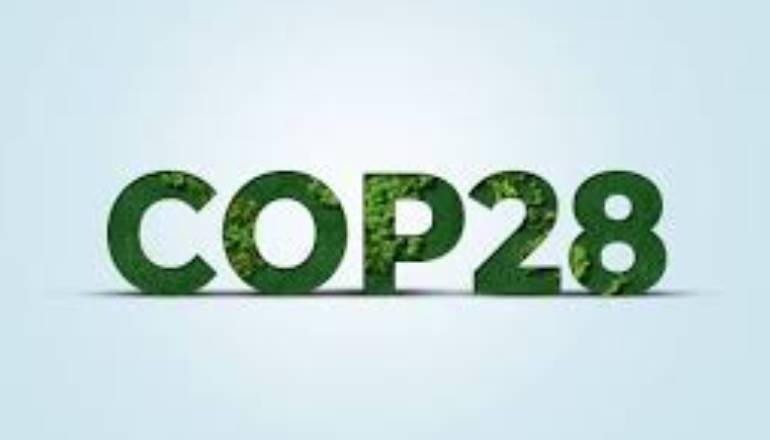A fortnight away. COP28 will be held in Dubai from November 30 to December 12, 2023. The expectations are already soaring. Reams of print and screen are flush with experts demanding more action, pledges, funding, and green taxes.
However, logical and practical decisions by countries may differ from the promises made at COP28. At least, that is what I believe from past experiences.
Globally, every human being is fighting the ugly impacts of climate change in varied forms. Changing climatic conditions and unpredictable weather patterns are the new norm. Therefore, COP28 gains significance. The expectation from COP28 is to strengthen action plans further to mitigate the climate effect. But the deeds must be practical. Take the instance of India.
Recently, the power minister, RK Singh announced that the country would add 30,000 MW of thermal capacity to meet the surging power demand. The country already has 50,000 MW of coal-based capacity addition underway. It saw a 20% surge in demand annually in August, September, and October. All those coal-based plants running at lower PLF were asked to run at full capacity. This also means the fuel (coal) supply has to be met. Coal India, the state-owned mining company that supplies 80% of the fuel, also has been asked to optimize capacity. The power generators import the rest of the fuel.
The rationale, as the Minister pointed out, is that the country cannot ignore the demand surge and slow down growth because of the non-availability of power. It is a fact that to support the growth rate of a country; the energy sector has to grow at double that rate. For example, if India is growing at 7.5%, the country’s energy sector should grow at 15%.
India has an installed capacity of 4,17,688 MW (as of 31 May 2023). Coal alone constitutes 49.4% of this, and renewable energy, including large hydro, forms just above 41%. Though India has decided to move away from fossil fuels, in all practicality, coal is set to remain a mainstay for the foreseeable future. This is because the country is on the cusp of economic growth that is accelerated by many factors. To give a sneak peek, India is the third-largest power producer in the world. The per capita electricity consumption is still below 1500 units, which is way lower than in developed countries. It indicates that power demand will continue to surge going forward.
India has set its target to be net zero by 2070. An efficient and well-thought-out goal, as it is a coal-rich country, and considering the economic capacity, coal will continue to dominate power generation. It successfully added 1,25,692 MW of grid-connected wind and solar, which is an achievement. The country plans to increase the percentage of renewable energy to 50% by 2030. With all capacity additions planned in renewables and the pace at which it is progressing, I believe the Minister when he says that ‘we remain committed to our mitigation targets.’
India may not be the lone example. Take the case of Britain. Prime Minister Rishi Sunak pushed the deadline to sell petrol and diesel cars from 2030 to 2035. According to the latest reports, countries are way off their emission targets globally. By 2030, they need to reduce emissions by 45% to the 2010 levels to be on track to arrest global warming at 1.5 degrees Celsius. Let us see what takes priority in COP28—demand or environment.

